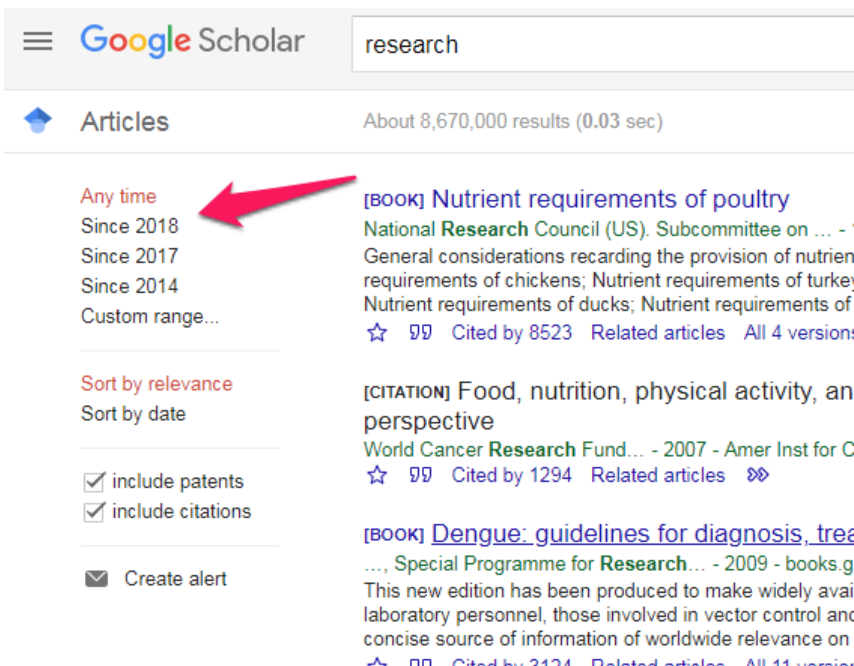To take things to the next level, familiarize yourself with the way the terminology associated with your industry and relevant fields is covered in academic literature. The references at the end of each Wikipedia article are often primary source links that connect to reputable journals. Books and your local library While it might seem like any information you find in a book also can be found on the web, books have a lot to offer content creators. I am suggesting that you develop a steady habit of reading books about subjects related to your relevant fields (and even tangential fields) for several reasons: Books offer a comprehensive and cohesive take on a subject, in contrast to the disjointed and atomized way you absorb information on the web. Expert interviews Closely related to investigative journalism is the idea of performing expert interviews. You can interview experts and: Use the information as background research for future stories (giving them proper credit) Publish as a video or podcast Transcribe and publish as a blog post Think about how you’ll use the interview before you question the expert. Make sure to create links and tools to help the expert to share the content. Yet a message board relevant to your industry or categories offers the opportunity to discover questions being asked, the topics covered, and the possible subcultures being developed. (Don’t forget to credit the piece as the original source if you create content that references it.) Think about tangential topics and look for creative connections between your industry and other subjects.

If you want your content to stand out – and up – in the vast sea of content, you need to create something sufficiently novel and useful. You need to invest in research methods that will put you ahead of the pack.
Here are seven methods that will help you do just that.
1. Peer-reviewed literature
Few things lend your content more authority than the inclusion of a scientific study or original research conducted by academic professionals. Just as importantly, cracking open peer-reviewed literature can be a great way to discover new content ideas.
Much of what’s been covered in academic literature hasn’t made it to mainstream audiences because the content is dry or too dense for most. But if you can use the research to create content people can and will want to read, you’ll be a go-to resource on the topic.
How to go about researching the peer-reviewed journals?
For starters, scholar.google.com is your friend. To find fresh research, limit your searches to a recent time span:

Search for industry terms to see the research published in that time frame.
To take things to the next level, familiarize yourself with the way the terminology associated with your industry and relevant fields is covered in academic literature. Use those words and phrases in your searches too. While you shouldn’t rely on it as a primary source, Wikipedia is a good place to learn academic jargon. The “See Also” section at the end of most articles is a good place to look.
The references at the end of each Wikipedia article are often primary source links that connect to reputable journals.

Another good source for information on what is happening in academia is EurekAlert!, which posts press releases about scientific discoveries. Conducting a “site:eurekalert.org” search in Google and limiting your search to a recent time frame can help you find results that are current for your target keywords and topics. Press releases often mention the name of the study or the lead author and academic institution so you can track it down.
2. Books and your local library
While it might seem like any information you find in a book also can be found on the web, books have a lot to offer content creators.
I’m not suggesting you read multiple books during the research phase for every blog post….

COMMENTS